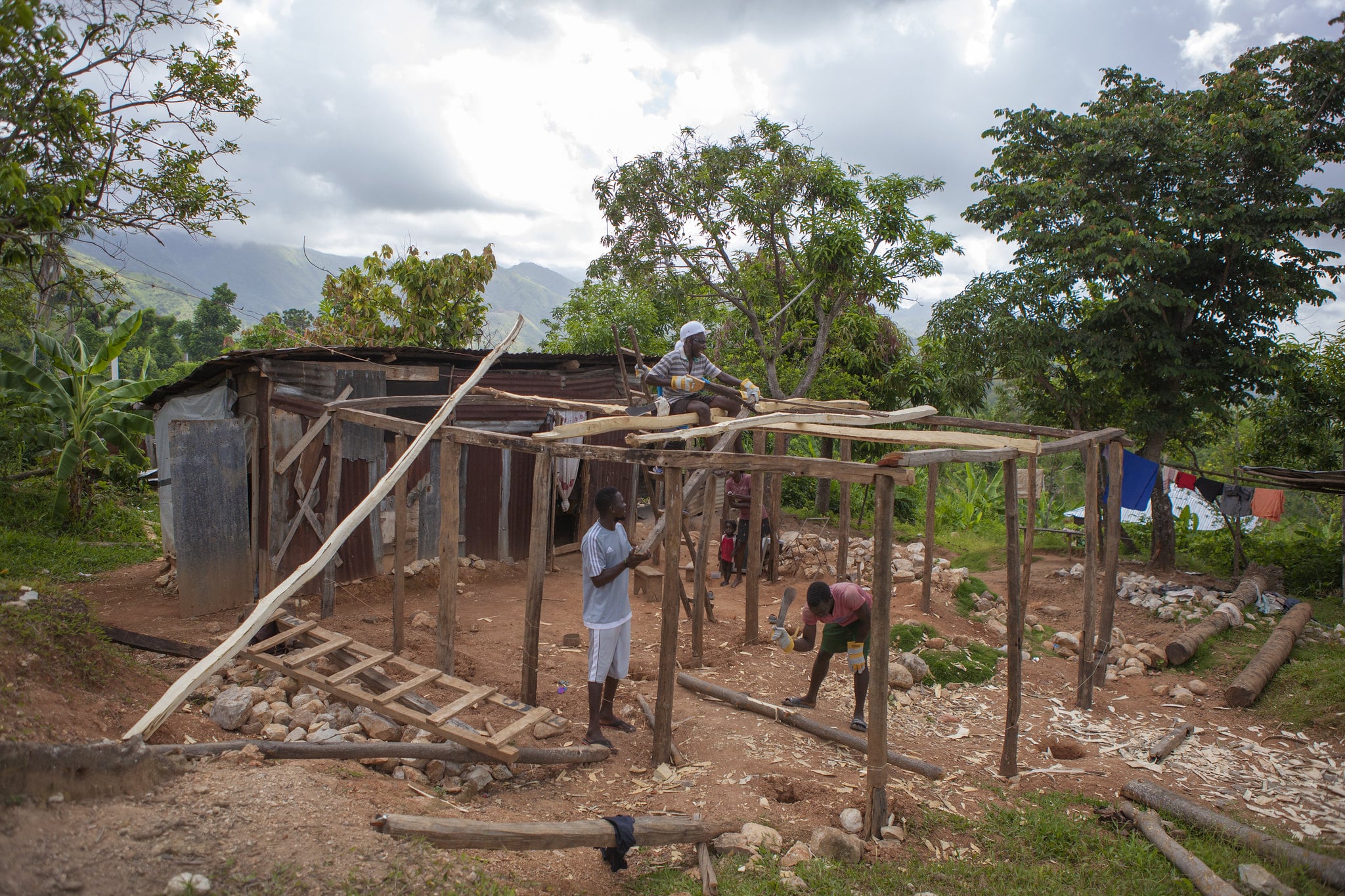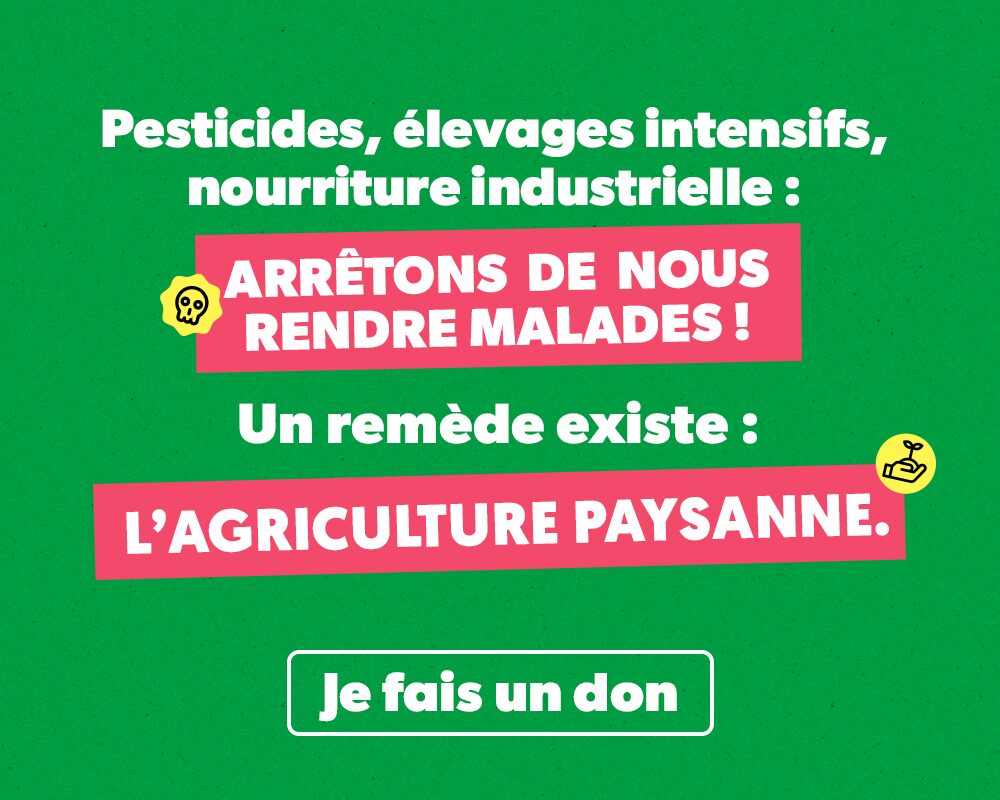Crisis response
Crisis prevention and emergency-response initiatives
Political and security crises are becoming more and more serious in many countries, and natural disasters are on the rise as a result of global warming. Rural populations that were already highly vulnerable are particularly in danger.
AVSF’s initiatives have two objectives: to improve prevention and help communities become more resilient to natural disasters and armed conflict, and to help victims start producing again and provide for their vital economic needs.
Natural disasters
Rural populations are particularly vulnerable and regularly face natural disasters such as earthquakes, hurricanes, drought, flooding and insect infestation – not to mention climate shocks, which are occurring with ever-greater frequency.
When a natural disaster strikes, the most urgent task is to first help families quickly start producing again so that they can feed themselves and provide for their vital economic needs.
AVSF’s second major area of action is to improve prevention and help communities become more resilient in areas that are regularly affected by natural disasters.

Armed conflicts
In the context of armed conflicts, our actions are particularly rooted in the principles of impartiality, independence and transparency. They aim to mitigate the effects of the conflict and seek to help pacify the situation by facilitating face-to-face dialogue between the various parties.
Our priority is to ensure the safety of our local teams and the local teams of our partners. Whenever the level of risk is deemed acceptable, and as long as communities remain accessible, these actions will continue to operate in order to maintain essential services for communities and farmers’ organisations, who are the unwitting victims of these conflicts in their territories.





